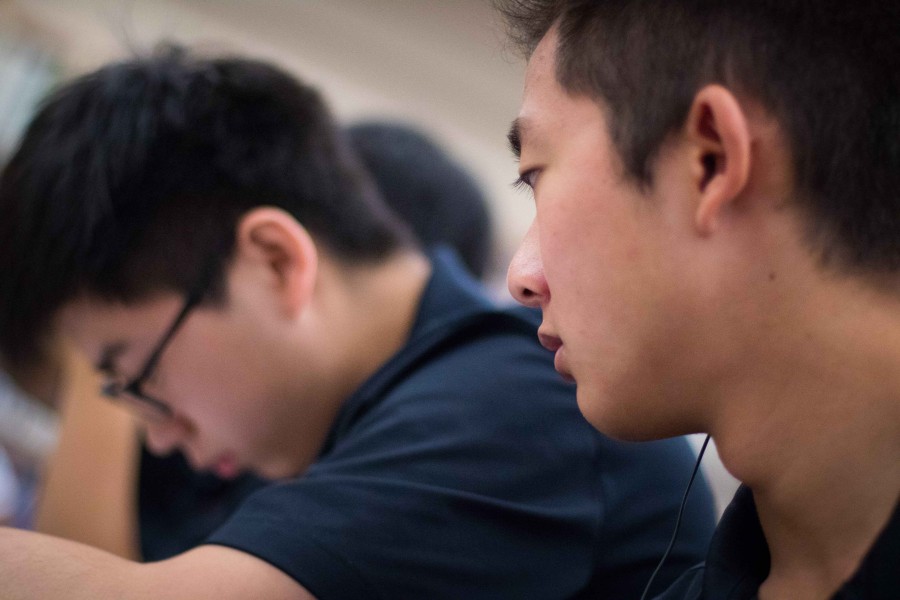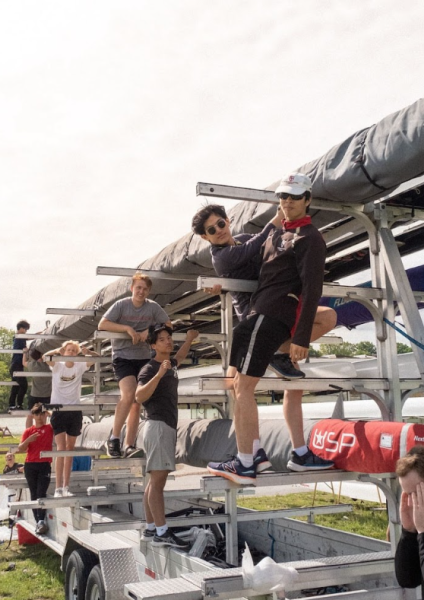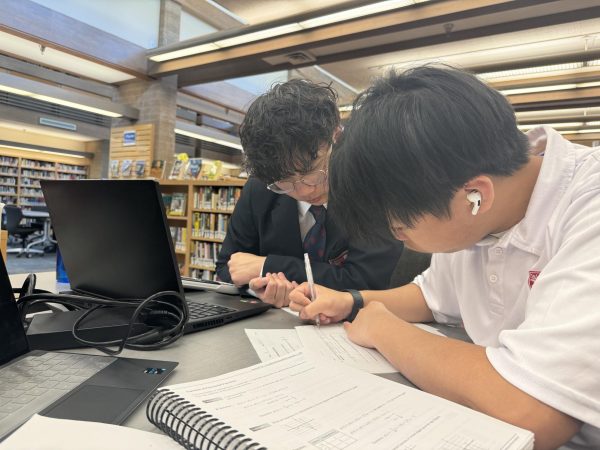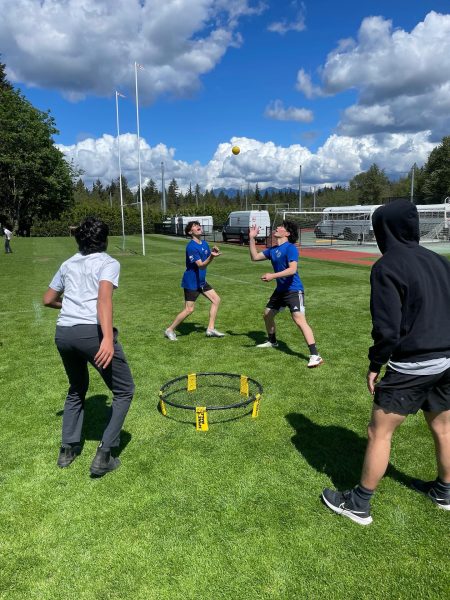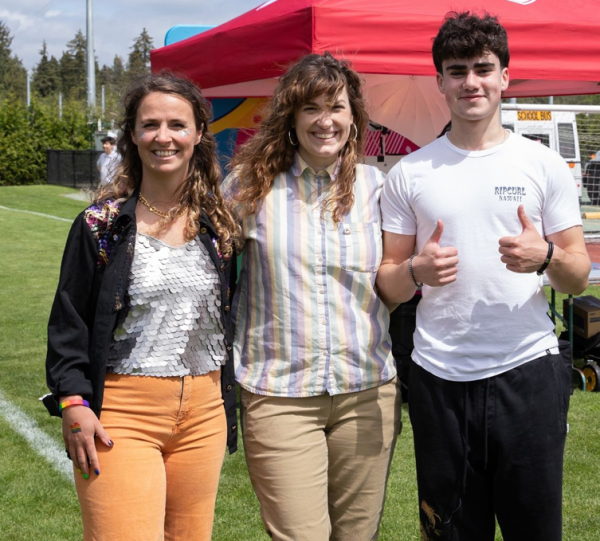School After School
SAT, AP, ACT. These are just some of the many subjects students are enrolled in with private tutors and institutes after school. This is frequently referred to as “school after school”. Increasing numbers of students are enrolling in academies such as Ivy and Elite (prep schools), hoping to boost their scores in standardized tests such as the SAT and grades in normal school subjects. Often times, however, parents play a crucial role in influencing their children to attend these classes. Wanting a better future for their sons and daughters, parents are sending their children to schools after school despite the regular education received in schools.
“Sometimes you really do feel the pressure from the parents and the stress from all the homework building up, especially when you’re in grade 11 and university applications are coming up fast”, commented an anonymous grade 11 student from Saints.
Within St. George’s, this trend is becoming more prominent in the student body. The most common classes include AP course and SAT prep. Even though Saints discourages the enrollment of students in AP courses outside of the school, many are signing up and attending these classes nonetheless. One of the main arguments students make is that “the school does not offer the AP course I want to take”. However, many of these students are not deciding to take up school after school by themselves. Parents frequently play an important factor in signing up their children. As these students are receiving a bigger workload than usual, stress and time management becomes increasingly important.
The increased amount of time being devoted to assignments and prep translates to less free time and fewer hours of sleep. Many students in grades 10-12 are getting less than eight hours of sleep due to their commitments to school after school. Students are often given copious amounts of homework and are restricted to little to no free time. The need to achieve better academic results has pushed students far and beyond what is expected. Furthermore, the busy schedules of these students often prohibits them from going out with friends, having a dinner out, and so on; students literally do not have the time for fun.
“Some of the classes I have signed up for outside of school are of my own free will but many times, it is my parents who decide what I should take. They are so caught up in sending me to an Ivy League school that sometimes it just gets too much to handle”
With extreme pressure from parents, students often stop caring about their own education as they know their parents will do everything for them. Despite all the negativity, there are students who feel that these tutors are improving their academic standing as well as increasing their depth and breadth of knowledge.
“Even though it is rough, you really get used to it after the first few months and for me, the knowledge and skills I learned over the course of this year has been immeasurable. I agree with the stress and pressure part but in the end, the knowledge you are gaining is yours to keep and no one else’s.”
Amongst the fierce competition for top selective universities, some students feel that school after school is the only way to catch up and separate them from the crowd. By taking extra AP courses outside of school, students can enroll in more courses at school, thereby increasing their “academic rigor”. Furthermore, prep schools such as Elite and Ivy offer a wider selection of courses from regular classes to improve writing, reading comprehension, to more demanding courses such as AP Calculus and even AP Physics. However, students continue to enroll in these courses even when they question the legitimacy of the course and the teachers involved.
School after school is a significant factor in the education system, and certainly plays a role at St. George’s. Regular curriculum in schools can sometimes be seen as insufficient and slow by many parents who in turn send their children to schools after school to further their child’s learning. This trend has slowly permeated across the globe and with increasing competition to desired universities, students and parents are willing to pay the extra dollars just for their children to be ahead of the competition. With significant increases in the number of students signing up for tutors, the future of the traditional education system is unpredictable.
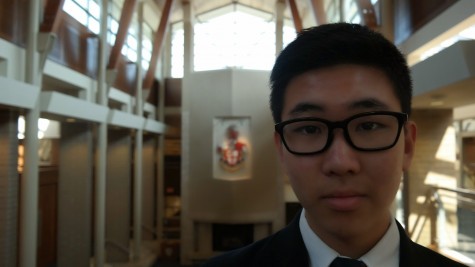
Daniel is currently a grade 10 student at St. George's School. He joined St. George's in grade 7 and is loving every moment of it. He is an active member...



